- Преподавателю
- Иностранные языки
- Мотивированность использования английского языка в сфере бизнеса
Мотивированность использования английского языка в сфере бизнеса
| Раздел | Иностранные языки |
| Класс | - |
| Тип | Конспекты |
| Автор | Биктимерова Л.Б. |
| Дата | 27.02.2014 |
| Формат | docx |
| Изображения | Есть |
МИНИСТЕРСТВО ОБРАЗОВАНИЯ РЕСПУБЛИКИ БАШКОРТОСТАН
УПРАВЛЕНИЕ ОБРАЗОВАНИЯ МУНИЦИПАЛЬНОГО РАЙОНА
ТУЙМАЗИНСКИЙ РАЙОН РЕСПУБЛИКИ БАШКОРТОСТАН
МУНИЦИПАЛЬНОЕ БЮДЖЕТНОЕ ОБЩЕОБРАЗОВАТЕЛЬНОЕ УЧРЕЖДЕНИЕ
СРЕДНЯЯ ОБЩЕОБРАЗОВАТЕЛЬНОЯ ШКОЛА Д.НУРКЕЕВО
МУНИЦИПАЛЬНОГО РАЙОНА ТУЙМАЗИНСКИЙ РАЙОН РЕСПУБЛИКИ БАШКОРТОСТАН
Исследовательская работа
"MOTIVATION OF THE USE OF ENGLISH IN THE SPHERE OF BUSINESS"
НОМИНАЦИЯ: «Лингвистика. Английский язык»
Выполнила Тухватшина Гульшат,
ученица 9 класса
Руководитель Биктимерова Л.Б.,
учитель английского языка
Туймазы-2014
Content
Introduction………………………………………………………..3
Chapter I. The reasons for borrowing English words in modern Russian language……………………………………………………………4
Chapter II. Russian or English
2.1. Runglish; A mixture of Russian and English………………….6
2.2. Brands names………………………………………………….7
Chapter III. Practical part
3.1. Sociological survey……………………………………………9
3.2. Analysis and systematization of language phenomen…………9
3.3. Creation of a dictionary………………………………………11
Conclusion………………………………………………………..11
List of the used literature………………………………………….12
Appendixes………………………………………………………..13
Introduction
All languages change constantly. They evolve and grow. They adopt words from other languages, recycling them and creating new meanings, while at the same time losing old unused words on their way. It's funny how we notice that we talk slightly different from older generations and younger generations talk slightly different from us.
Languages change due to the variety of many different reasons. One of the reasons is adopting words from other languages. Russian has adopted many words from English . These words are called Anglicism.
What is Anglicism? In encyclopedic dictionary of Brockhaus and Efron Anglicism is seen as «the peculiarity of the English language transferred into another language» [2, с. 45].
Due to the cultural, industrial and economic development, growth of tourism and emergence of the Internet, Anglicism has become and is still becoming increasingly popular in Russian language within the last two decades.
Novelty of the research theme is determined by the importance of English in the life of Russian society.
The purpose of this work is to study and clarify the reasons for the use of Anglicism and English trademark in Commerce (on the example of the shops names, the goods shops " Apelsin, Optima", Office supplies, computer equipment)
To resolve this problem, there were the following tasks:
1. Examine the literature on this topic
2. Find out the attitude of the examined phenomenon of my classmates
3. Review and analyze the British trademarks and Anglicism in stores
4. To find out how deeply and why the English words entered the Russian language
5. To stimulate interest in learning English
6. Sum up the results of work
The object of research - anglisizms in the sphere of business: consumer goods in stores, the trademarks, the names of clothing, household items, food products of the shops, brands.
The subject of research-motivation of the use of English in the sphere of business.
The following methods and techniques were used to solve these tasks:
1. Analysis of literature
2. Sociological survey
3. Reception of the systematization and classification
4. Descriptive method with the methods of observation of linguistic phenomena
5. Creation of a dictionary
Hypothesis: English is found everywhere: in the media, in the names of shops, in science and technique. The names of most goods in the shops are given in English.
We assume that Anglicism in our speech at the present stage of development of society is inevitable. Moreover, English is a means of development of economy in our country and it is necessary motivation of its learning. Let's find out whether it's right.
The practical value of work consists in the possibility of use of the material and the results of this study, English language lessons, and upon further study of foreign borrowings.
Chapter I
Why English words penetrate into modern Russian language?
In the historical development of human, languages have constant connections with each other. Today Anglicism penetrates into the Russian language rapidly in large quantities. In our days, English has become the language of international communication. Since the 90 years it is seen the various advances of borrowings. There are many words of English origin in all spheres of modern life. We use them in jobs, physics, medicament, sport, computing, and art.
What are explanations for the flow of English words in the Russian language? We will found the most significant in our viewpoint:
Global trend towards the internationalization of the lexical Fund;
The growth of the business, scientific, trade, cultural relations of Russia with other countries, foreign tourism, the participation of Russians in the Olympic Games, international film festivals, fashion shows and etc.
The global market development, Economics, information technology has led to the emergence of new terminology (language, computer, Economics, Finance, Internet). We got several new goods that require name: e-mail, Internet, laptop drive, bytes, and a website. And it is easier for us to use existing words of another language than invent new ones.
The trend, the knowledge of English is greatly important now. As Aristova V.M. wrote in her article "English-Russian language contacts" «that while using Anglicism, Russian people wanted to look fashionable, prestigious, win the respect of the interlocutor. They are sure that the word «shopping» sounds more expressive than the expression «поход за покупками», and also like to use in his speech the words: presentation, rating, briefing, shop-tour, killer, talk shows, showman, and brain-ring."[1,c.4]
The well-nigh significant cause is the undeniable global leadership of the USA in many areas of modern life.
The absence of more precise name (or his loss with borrowing), and so now, 15% of the latest Anglicism firmly established in the dictionary of business people.
The condition to exist with the support of English words descriptive moments(termopot , coffee maker in one, peeling-cream - cream, cleaning the upper layer of the skin, quiz - radio - or TV game of questions and answers on a variety of topics with prizes).
The demand to name the meaning of the words sandwich, hamburger, fishburger, cheeseburger, chickenburger, and so on.
The sources of the Russian language of English words: They are:
- Advertising - one of the main sources of English words in Russian. Domestic advertising agencies often do not have the experience of the ad creation, and therefore copy the English-language ads, filling the Russian-speaking advertising texts by English words: стимер, roster, trimmer, pager, electronic immobilizer, spoiler, a shock sensor, locker, snooker, pool, squash;
- The Internet. The increase in the number of Internet users has led to the spread of computer lexicon: homepage, e-mail, CDROM, chat, bits, bytes, disk, cursor, USB flash drive;
- The cinema. The popularity of Hollywood movies has led to the emergence of new words in our vocabulary: horror blockbuster, Western, Prime time, cyborg, the terminator;
- Music. The perception of the USA as a center of musical fashion led to the emergence of such words as: hit single, a remake of the track, sound track, poster etc;
- sports vocabulary: bowling, diving, skateboard, snowboard, biker, shaping, and fitness;
- Cosmetic terms: lifting, peeling, peeling;
Chapter II Russian or English?
2.1 Runglish; A mixture of Russian and English
In the process of world globalization we can easily notice mixing of national cultures, special features of definite nations etc. Due to its being so wide-spread, English became the most popular language in the world. This fact caused appearing of a brand new language phenomenon such as mixing. Runglish is considered to be a neologism used to denote English with Russian manner. Firstly this definition was used in 1982 by Arthur Clarke in his novel "2010: Odyssey Two" where he described a new language that was spoken by Russian and English cosmonauts that during their flight began to mix their languages. Runglish «is also used informally to describe the variety of English spoken manner of native Russian speakers. Singular marks of Runglish may be detected in pronunciation, vocabulary, and grammar, and in each occasion copy the individual caracteristic of Russian being applied to English. There are some oddity of pronunciation. Runglish speakers use plural form instead of singular and vice versa: People is working.
Your advices are good ;
Runglish doesn't have Perfect Tenses; the speech is simple because of using Simple Tenses and rarely continuous: I lost my umbrella, did you see it?
Instead of :
I'd lost my umbrella, have you seen it? ;
English words can easily became a root for Russian word thus forming a neologism:
Дай я по драйв ю . ( to drive )
Можно я твой карандаш по юз аю? (to use).
Nowadays this linguistic problem is very pushing. It is not completely studied by the linguists so it is necessary to perform further investigation. As Anglicism begins to penetrate rapidly into Russian via immigrants, tourists, English broadcasting and, certainly, via Internet after the birth of this mixture, day after day it becomes more and more popular among young people, especially Internet users.
On the other hand, having such a mix of languages, it's necessary to think over about the purity of the languages, and to prevent popularization of such a strange phenomenon which appeared because of lack of the knowledge.
Today Runglish is regarded as a real threat for the purity of the language which is caused by a great quantity on non-Russian origin of the words that is why Runglish sometimes can be sneered with scepticism.
Runglish has appeared because most people prefer to think in Russian, and then translate thoughts into English literally, and as a result they give something strange and understandable to the speaker of English.
To avoid such situations, learn to think in English and building phrases all the rules of a foreign language.
2.2 Brands names
Since the Soviet times our buyer has had an imagination that foreign brands can serve as the global benchmark for quality. Not everyone could buy these items. Today you can find various goods on the shelves, which are produced by firms with foreign names, but few people realize that they are actually made in Russia. Today's entrepreneurs found a way out of this situation and they began to create a «European quality at affordable prices» - products of China, Polish and Russian, production with beautiful foreign names. While making a purchase some people are interested in the producer country, but, nevertheless, they trust bright and memorable foreign brand name. I would like to give some examples of well-known brands in the different spheres of production, which have won the trust of customers only due to the English names of brands.
The owner of the brand "Vitek" is Andrey Derevyanchenko. The name comes from the words vita and tech, which means life and technology. Appliances "Vitek" initially positioned as a high-quality and cheaper goods (price reduced on 10-15%), in comparison with other well-known brands. [1].
Brand "Scarlett" (joint venture of Chinese and Russian entrepreneurs) is a manufacturer of the most purchased in Russia dummies, registered in England in 1996 and named in honor of Scarlett O'hara Hamilton Kennedy Butler. The main buyers of this equipment are women, who are interested in reading classics and watching romantic movies.
Brand Rolsen was invented in 1995 by Sergey Belousov.
Trade mark Kaiser is on the market as a German company since the mid-90s and invented Pavel Loginov. This trade mark is successfully selling large kitchen gadgets, a technique that is produced at the same plant in Poland that produces products under the brand Hansa.
Well-known brands Greenfield, Tess, Jardin belong to the St. Petersburg company «Orimi Trade" and Curtis & Patridge to the manufacturer «May».
Ketchups and sauces Mr.Ricco are produced in Tatarstan, Kazan. In communication, however, they always try to create Italian atmosphere.
Pasta Grand di Pasta - Macfa's brand . On the front side of the package it is impossible to find a single Russian word, to give customers the impression that they buy Italian pasta.
A China shop with German name "Gipfel, there is in a nearly every
hypermarket, but only in Russia. Cookware "Rondell", cigarette "Kiss", stationery "Erich Krause" and window profiles "Proplex" are also produced in Russia.
Clothing and shoes.
Russian-Israeli company SELA Corporation was founded by two brothers who were born in Leningrad, Boris Ostrobrod and Arkady Pecarevski in the early 90s.
Carlo Pazolini Group is the name of the Russian company, which has its own Shoe factories in Russia and China and a network of shops.
TJ Collection , Chester and Carnaby.
All three brands are Russian, and the brand name TJ is the abbreviation of the names of the owners, Timur and Yulia.
Clothing brand Gloria jeans is made in Rostov.
Petersburg firm «August Plus» produces and sells women's clothing under the brand name "Oggi" . It is a very restrained and simple, but, on the other hand, fashionable and graceful. The word "oggi" - Italian («Today»), so that shoppers generally considered to mark the Italian.
Shoes "Ralf Ringer" traditionally consider whether German, or Austrian. But actually it is produced at factories in Moscow, Vladimir and Zaraisk.
Shoe network "Tervolina" also does not hide the place of production: shoes they sew in Togliatti factory «Leader».
"Camelot", brand ultra-modern youth clothes, is also made by Russian company in China and Polland.
"Baon", "Savage", "Incity"," Egle", "Corso Como", "Paolo Conte", "Weatland", "Tom Klaim" are also Russian brands , and hundreds of others.
In conclusion, it is necessary to break the existing stereotype thinking about quality foreign goods. Modern Russian manufacturers managed to find a brilliant and least expensive method to increase the demand for domestic goods, and they have proven that they can satisfy the demands of consumers which no worse than its foreign competitors. But this success is due to the English names of the brands. (appendix 3)
Chapter III Practical part
The purpose of this work is to study and clarify the reasons for the use of Anglicism and English trademark in Commerce (on the example of the goods shops "Apelsin", "Optima", Office supplies, computer equipment)
3.1. Sociological survey (appendix1)
In order to clarify the opinion to English trademark students of our school conducted a survey.
The results of the survey are reflected in the table:
We interviewed 44 people.
The results showed that most students have a positive attitude towards the use of English words and English names in the names of the goods and most of them try to translate them into Russian in order to know the meaning of the goods names. But despite the fact that they like the English names of the goods they prefer to buy the Russian ones.
3.2. Analysis and systematization of language phenomena
A role of propaganda and establishment of foreign words in the vocabulary plays their constant use in advertising, advertisements, and labels. There are products with English labels :( Appendix 2)
«Milky Way» (млечный путь), «Bоunty» (щедрый, подарок), «the Nuts (орехи), shampoo «Head and Shoulders» (голова и плечи), detergent «Fairy» (волшебница), and washing powder «Tide» (прилив - отлив).
Factories and plants produce new products. The majority of them called English words. For example:
Bacon [bacon] - малосольная копченая свинина
Cupcake [cake - cake] - кондитерское изделие в виде хлебца, обычно с изюмом.
Chips [chips - fried potato] - картофель, зажаренный в масле, в виде хрустящих ломтиков.
As we already know, fashion trends come to us from the West. To mark the clothes, accessories and other concepts related fashion, we borrow words from the English language. For example:
1. Breeches [бриджи - одежда ног] - узкие в коленях брюки, заправляемые в сапоги.
2. Golf [гольф] - короткие чулки с резинкой, охватывающей ногу до колена.
3. Jumper [джемпер] - вязаная фуфайка без воротника, надеваемая через голову.
4. Clips, to clip [клипсы - зажимать] - род серег, прикрепляемых к мочке уха с помощью зажимов.
5. Leggings, leggy [леггинсы - длинноногий, leg - нога (от бедра до ступни)] - облегающие ногу тонкие женские рейтузы
6. Moccasin [мокасины] - обувь без шнурков из мягкой кожи с вставками в области союзки.
7. Nylon, N(ew) Y(оrk) + Lоn(dоn [Нейлон) - термин искусственно образован из начальных букв названий городов Нью-Йорк и Лондон] - род искусственного волокна, а также ткань из этого волокна.
8. To pamper [памперсы - баловать, изнеживать] - детские подгузники из очень мягкого, хорошо впитывающего влагу материала.
9. Pull-over, to pull [пуловер - натягивать + over - поверх] - вязаная фуфайка без воротника и без застежек.
10. Sweater, to sweat [свитер - потеть] - теплая вязаная фуфайка без застежек, надеваемая через голову.
11. Top [топ - верх, верхняя часть] - часть женской одежды в виде короткой легкой кофточки или майки, держащейся на бретельках.
With the help of foreign words are also designated office supplies, computer equipment.
-
Whatman [ватман - по имени владельца англ. бумажной фабрики Дж.Уотмена (Whatman)] - высший сорт бумаги с шероховатой поверхностью для черчения и рисования.
-
Lasting [Ластик - постоянный, прочный] - хлопчатобумажная ткань, идущая обычно на подкладку. Так еще называют стирательную резинку.
-
Marker, to mark [маркер - отмечать, обозначать] - пишущее устройство с толстым стержнем, пропитанным специальным красящим составом.
-
Scotch [скотч - надрез] - клейкая лента для упаковки в виде небольшого рулона от которого отрезается необходимая часть.
-
Staple [степлер - скобка]- устройство для скрепления листов бумаги при помощи проволочных скобок.
-
Flow master, to flow [течь, струиться + master - мастер, художник, фломастер] - особый вид карандаша с пористым стержнем, пропитанным специальным красителем.
-
Compact disk [- компактный диск] - диск с высоким качеством записи для воспроизведения на оптических проигрывателях.
-
Player, to play [- играть; играть на музыкальном инструменте; приводить в действие, пускать, плеер] - компактный магнитофон для воспроизведения звукозаписи, обычно с наушниками.
-
File [ряд; подшивка бумаг; картотека, файл] - совокупность однотипных по структуре и способу использования порций информации, размещаемая на носителях ЭВМ и рассматриваемая в процессе обработки и передачи как единое целое.
We have translated and analyzed a lot of English-speaking trademarks of foodstuff, perfumery, goods and means of hygiene, household detergents, clothes and so on.
By definition dictionary trademark is «artistically designed graphic image, the original name, the particular combination of numbers, letters, or words, etc. to which the company supplies its products».
3.3. Creation of a dictionary;
To compile the investigational we have created a Glossary. We hope that this dictionary will help customers choose goods and attract the attention of schoolchildren to learn English. (Appendix 4)
4. Conclusion
1. Results showed that more than 32% of the goods in shops have English names.
2. Most often English words used in the names of items of household chemistry and personal care products, stationery, computer equipment and accessories.
3. Mainly qualitative adjectives with a positive value are used. Thus producers of goods attract more customers.
4. Beautifully sounding, unintelligible English words attract customers and make a purchase. Most often uses short, easy to remember words. For Example, "Tide", «Dove». Their translation into the Russian language sounds unconvincing.
Thus, the reason for the use of Anglicism and English trademark in those English trademarks are not simply inform about possible advantages, but also try to impress the buyer faith in the exceptional quality of the proposed goods.
During the research I learned:
- what is а Anglicism, causes, and ways to borrow
- what is the sociological survey;
expanded my knowledge of the English language;
I have learned:
- to carry out sociological survey
- work with dictionaries
- analyze the obtained result.
We offer to use this material in learning English, because it may stimulate the motivation of the students learning a foreign language. Students will be able to verify that you should learn a foreign language not only to read texts in the textbooks, but also to correctly navigate in the world.
Is it good or bad to use English words in daily conversation? I think that is normal, it happens everywhere and in all countries. Nobody cancelled and no one denies the process of globalization. We study at a College or University, work as managers, do marketing research, conduct briefings; we go to the cafe to have lunch, in the menu select a hot dog, chickenburger and shake. After work we run in the fitness club, aerobics or shaping, and then we go to the supermarket, where we pay off credit card, and at the weekends we get together with friends on a picnic... Half of these words have English origin, and they are already firmly in our speech. Native language must be used, but because we are in a global space, it is necessary to enrich it at the expense of other linguistic forms. We can't help communicating without international borrowings in the XXI century.
Our hypothesis was confirmed!
References
1.Аристова В. М. Англо-русские языковые контакты (англицизмы в русском языке) - Л., 1978
2. Брокгауз Ф., Ефрон И. Иллюстрированный энциклопедический словарь. М.: Эксмо, 2006. 986 с.
3.Крысин А.П. Толковый словарь иноязычных слов. М.,1998
1.mara-nova.ru/false-brands/
2. dic.academic.ru/dic.nsf/ruwiki/6161
3. en.wikipedia.org/wiki/English_language
4. en.wikipedia.org/wiki/Runglish
8. ukisok.ru/language/214.htm
Appendix 1
Appendix 2

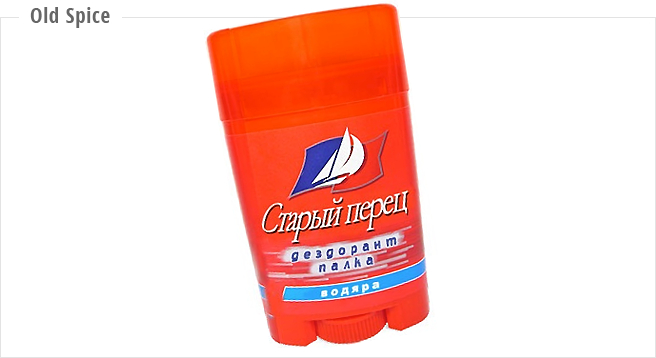
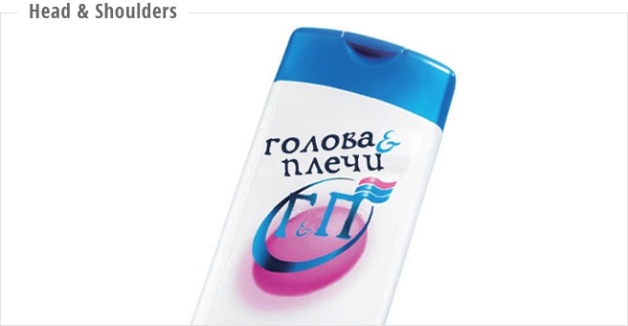
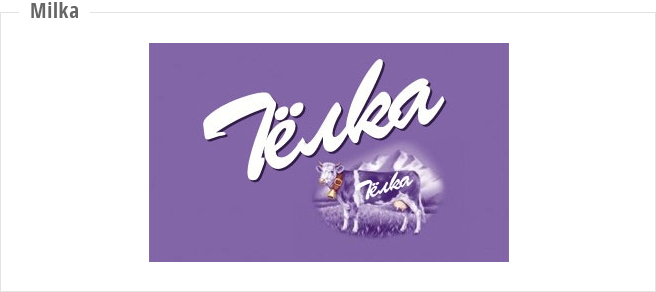
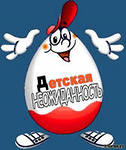
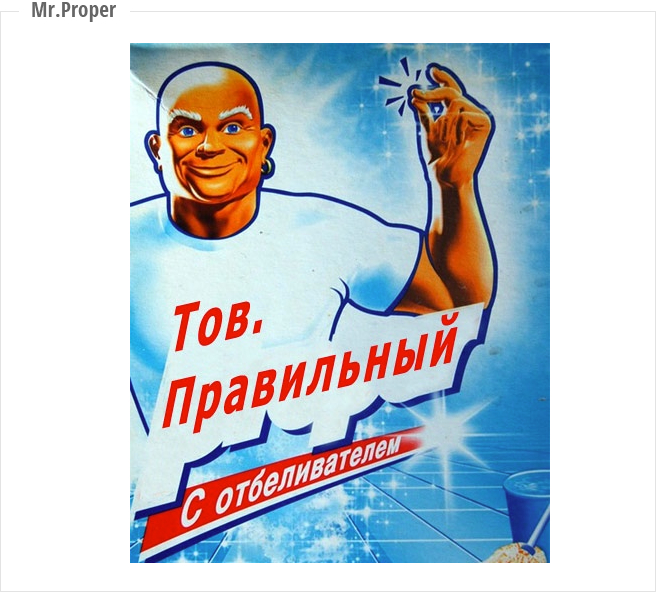
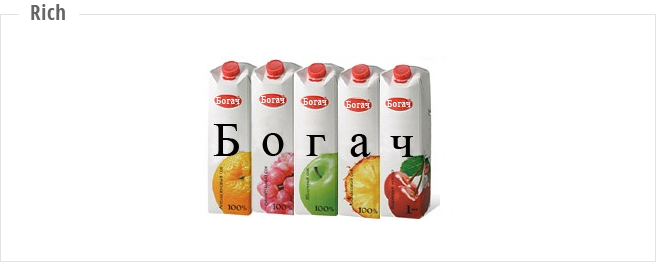
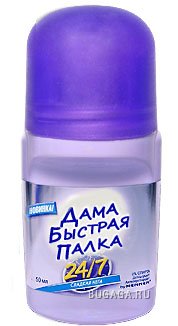
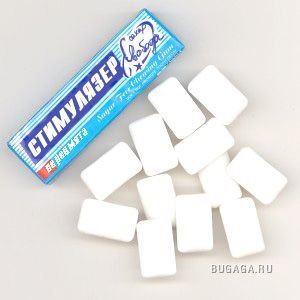
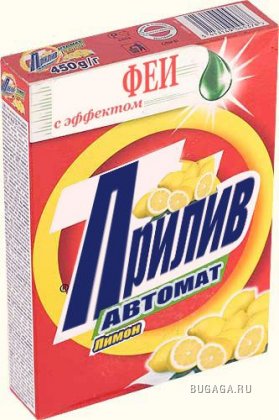
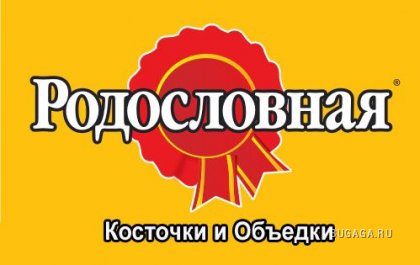
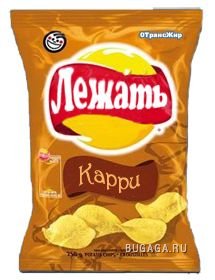
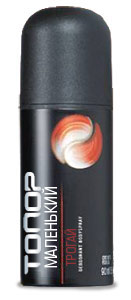
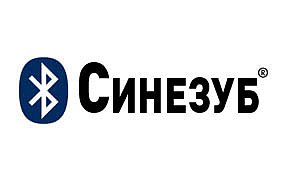
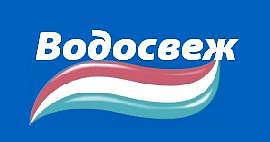
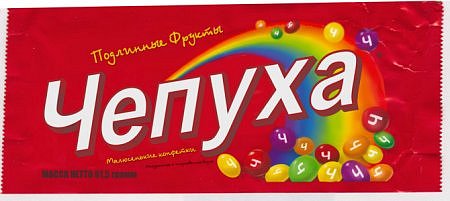
Appendix 3
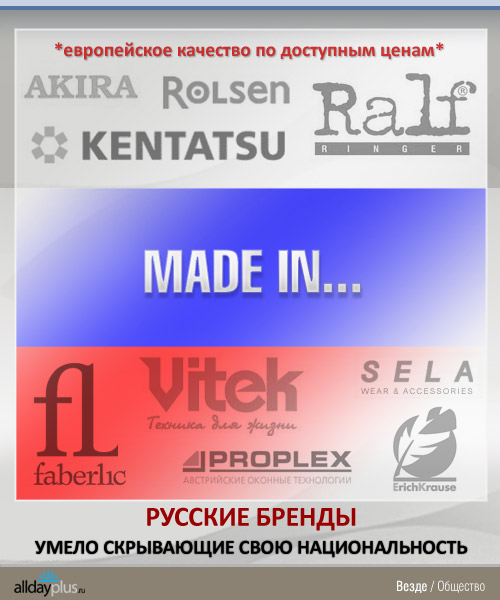
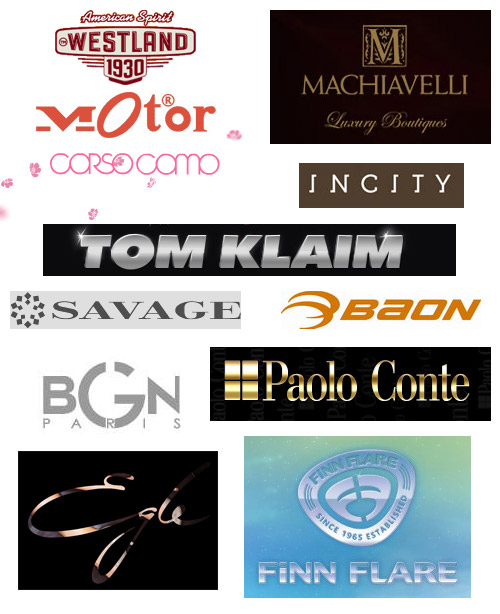
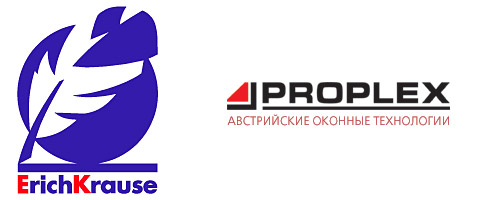
Appendix 4
«Milky Way» -млечный путь
«Bоunty» -щедрый, подарок
«the Nuts -орехи
shampoo «Head and Shoulders» -голова и плечи
«Fairy» -волшебница
washing powder «Tide»-прилив, течение
shopping -покупки
Drinks -напитки
Sprite- эльф
Bubble Gum -надувная жевательная резинка
Ice-Tea -ледяной чай
Sandwich -бутерброд
Crackers -крекеры, тонкое сухое печенье
Earl Grey граф Грей
Greenfield - зеленое поле
Whisky - водка
Hot dog- сосиска
Chips -ломтики
Snickers -смешки, хихикание
Picnic -удовольствие
Mars -марс
Bounty -щедрость, богатство
Red Bull -красный бык
Cold season tea - чай для холодной поры
Bedtime tea -чай на сон грядущий
Alpen Gold- золото Альп
Ferndale cheese-долина папортников
Beefsteak- бифштекс
Juice-сок
Juicy fruit-сочный фрукт
Bacon -бекон, копченая свиная грудинка
Blend-a-med -переход от одного цвета в другой
Aquafresh-свежесть воды
Mister Muskul
Clean -чистый
Vanish - исчезнуть
Mega fresh -сильно свежий
Dove -голубь
Sunsilk-шампунь солнечный шелк
Wash and go- вымыл и иди
Cleaning -чистка
Old spicе-старый перец
Milka - телка
Active care - активная забота
Pedigree - родословная, племенной
Whiskas - whiskers - усы, вибриссы
Puppy - щенок
Mountain dew -горная роса
King Burger-пирожковый король
Дезодорант "Ace"-топор
Lady speed stick-дама быстрая палка
22


